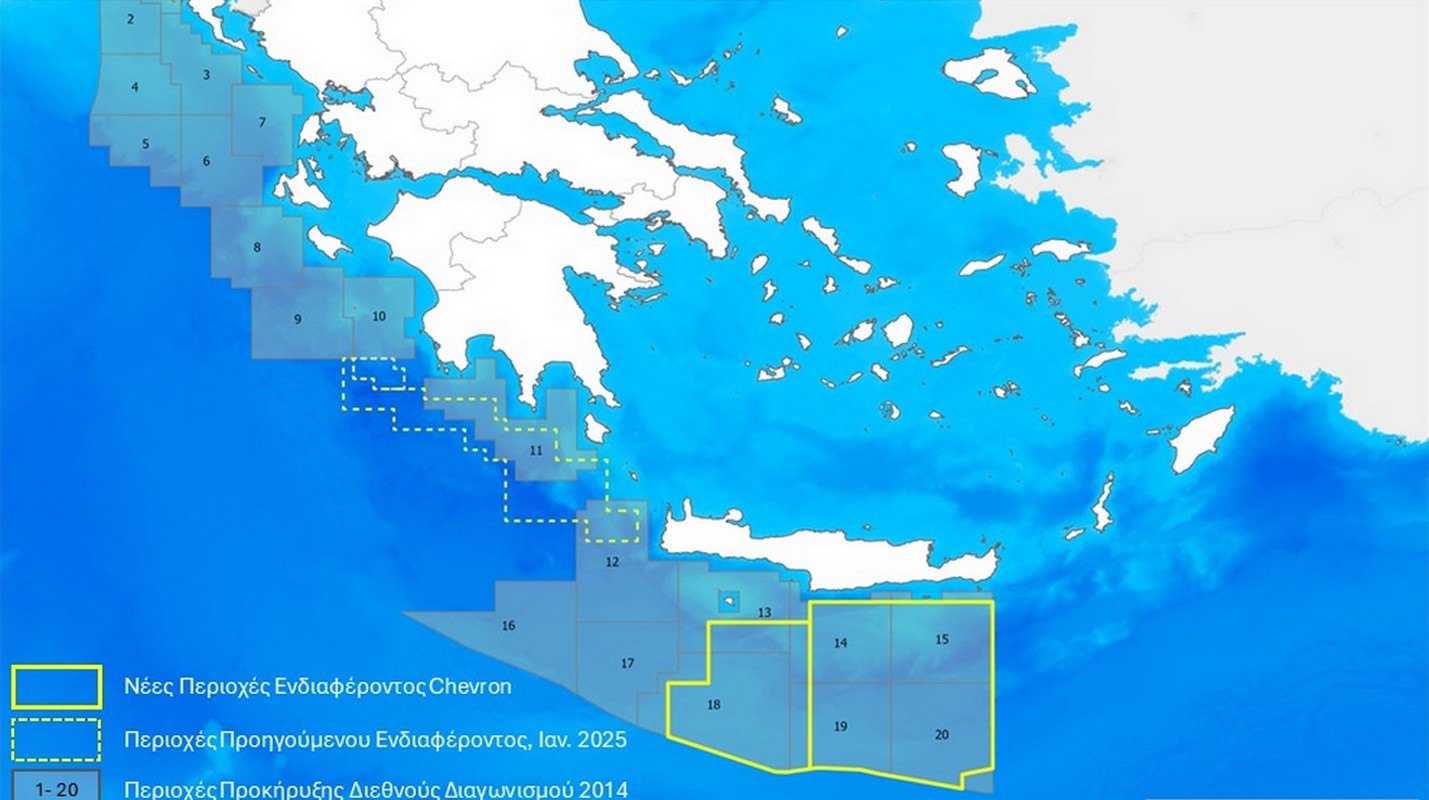
Chevron’s growing involvement in Greece’s offshore energy sector signals a potential shift in the Eastern Mediterranean’s exploration landscape. The American oil giant recently expressed interest in two new offshore blocks south of Crete — “South of Crete I” and “South of Crete II” — just two months after declaring its intent to explore a third area south of the Peloponnese.
The move marks Chevron’s second upstream initiative in Greece and adds momentum to what government sources describe as the country’s strengthening geopolitical role in the region. According to officials, Chevron’s proposals were shared with and understood by the U.S. State Department, suggesting a degree of diplomatic alignment behind the company’s expansion.
Chevron’s growing presence joins that of ExxonMobil, which is already conducting exploration activities in nearby blocks “Southwest of Crete” and “West of Crete.” Together, the involvement of two of the world’s largest private energy firms has raised expectations of significant hydrocarbon finds — though no confirmed discoveries have yet been announced.
An international tender for the two Crete blocks is expected to be launched within the year, following procedural support from Greece’s Hydrocarbon and Energy Resources Management Company (EDEYEP). If approved, Chevron would oversee exploration across approximately 46,000 square kilometers — more than any other operator in the region. ExxonMobil is overseeing 35,655 sq. km, followed by Helleniq Energy with 8,564 sq. km, and Energean with 2,414 sq. km.
While government sources frame this interest as a vote of confidence in Greece’s investment climate and energy potential, others may see it as part of a broader push by multinationals to secure new reserves amid global energy uncertainty. The Eastern Mediterranean has become an area of increasing exploration activity, with new drilling underway in Egypt and Cyprus.
Still, the presence of major oil firms raises questions about environmental risks, transparency in licensing, and the long-term energy strategy of Greece and the EU to transition to clean and renewable energy sources.
Source: tovima.com
Latest News

Easter Sales Performance and the Source of €4–5 Million in Losses
Easter retail sales were relatively weak this year, with the only "real winners" being the livestock farmers who had lambs to sell.
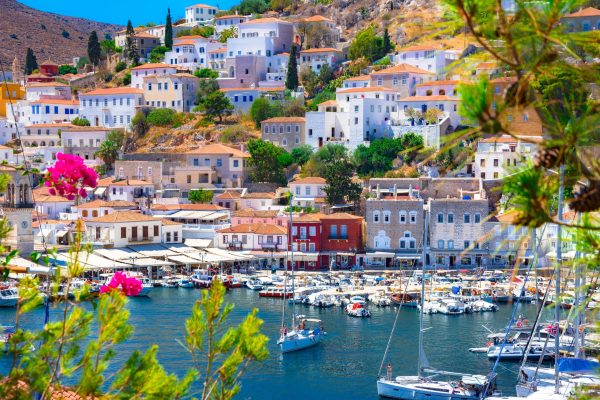
Hotel Foreclosures Continue to Plague Greece’s Islands
A surge in hotel foreclosures across Greece’s islands threatens small tourism businesses, despite booming visitor numbers and record-breaking travel in 2024.

Athens Launches Task Force to Safeguard Historic City Center
The new municipal unit will ensure compliance to zoning laws, curb noise, and address tourist rental issues starting from the Plaka district.

WTTC: Travel & Tourism to Create 4.5M New Jobs in EU by 2035
This year, international visitor spending is set to reach 573 billion euros, up by more than 11% year-on-year

IMF: US Tariffs Shake Global Economy, Outlook Downbeat
IMF slashes global growth forecast to 2.8% as U.S. tariffs create uncertainty and ‘negative supply shock

First Step Towards New Audiovisual Industry Hub in Drama
The project is set to contribute to the further development of Greece’s film industry and establish Drama as an audiovisual hub in the region

Airbnb Greece – Initial CoS Ruling Deems Tax Circular Unlawful
The case reached the Council of State following annulment applications filed by the Panhellenic Federation of Property Owners (POMIDA)

Mitsotakis Unveils €1 Billion Plan for Housing, Pensioners, Public investments
Greek Prime Minister Kyriakos Mitsotakis has announced a new set of economic support measures, worth 1 billion euros, aiming to provide financial relief to citizens.

Alter Ego Ventures Invests in Pioneering Gaming Company ‘Couch Heroes’
Alter Ego Ventures' participation in the share capital of Couch Heroes marks yet another investment by the Alter Ego Media Group in innovative companies with a focus on technology.

Corruption Still Plagues Greece’s Driving Tests
While traffic accidents continue to claim lives on Greek roads daily, irregularities and under-the-table dealings in the training and testing of new drivers remain disturbingly widespread













![Accor: Η βιωσιμότητα «κλειδί» για την ανάπτυξη και ανθεκτικότητα του ελληνικού τουρισμού [έρευνα]](https://www.ot.gr/wp-content/uploads/2025/04/thumbnail-90x90.jpg)











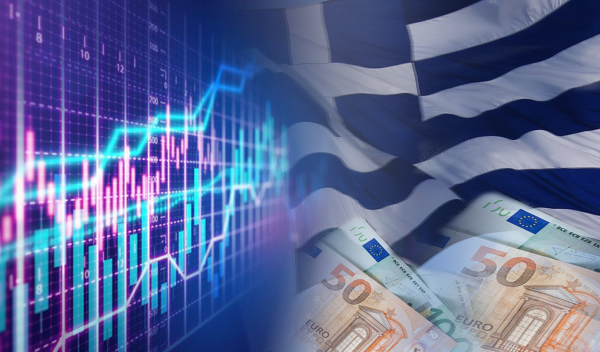
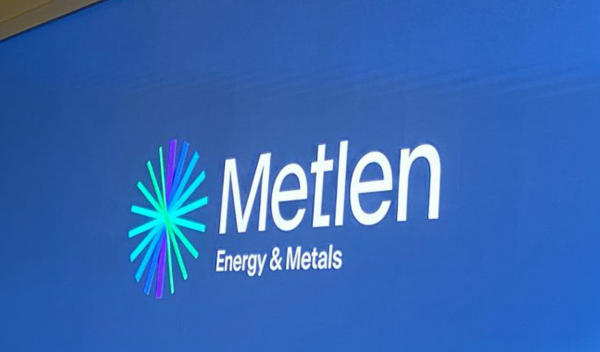

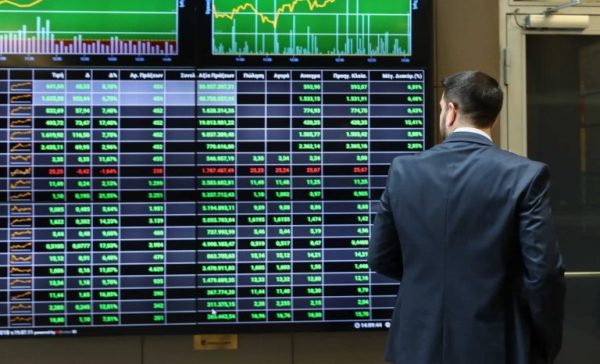
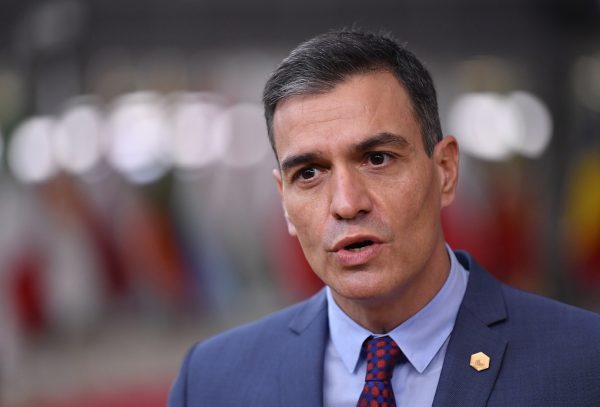
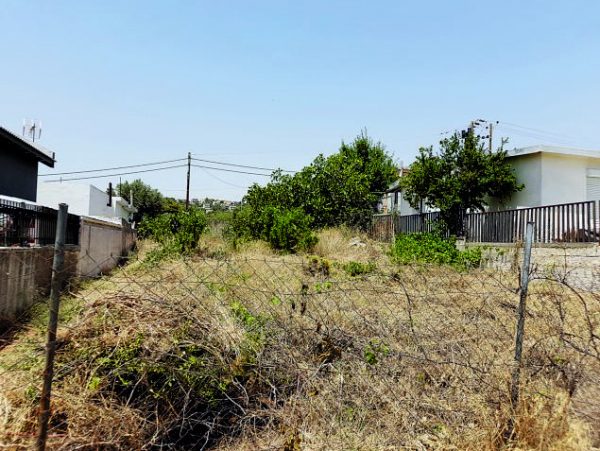

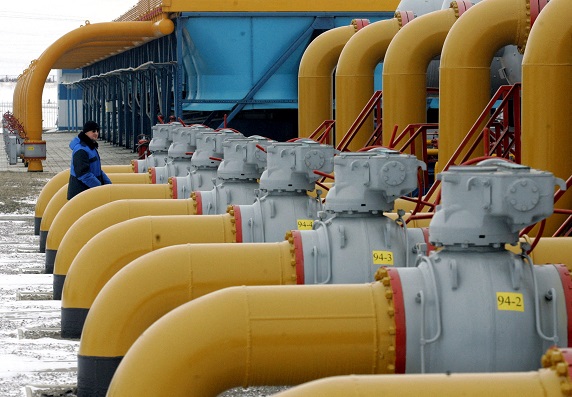
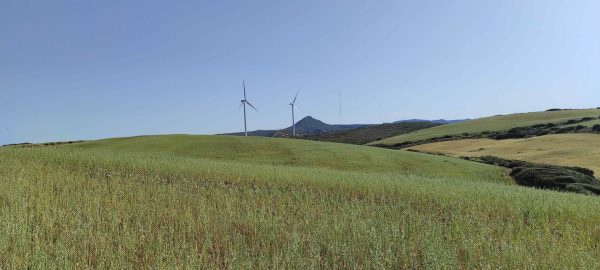




![Accor: Η βιωσιμότητα «κλειδί» για την ανάπτυξη και ανθεκτικότητα του ελληνικού τουρισμού [έρευνα]](https://www.ot.gr/wp-content/uploads/2025/04/thumbnail-600x400.jpg)


 Αριθμός Πιστοποίησης
Αριθμός Πιστοποίησης